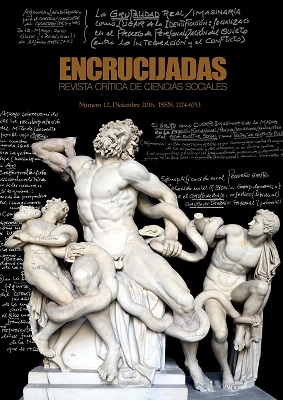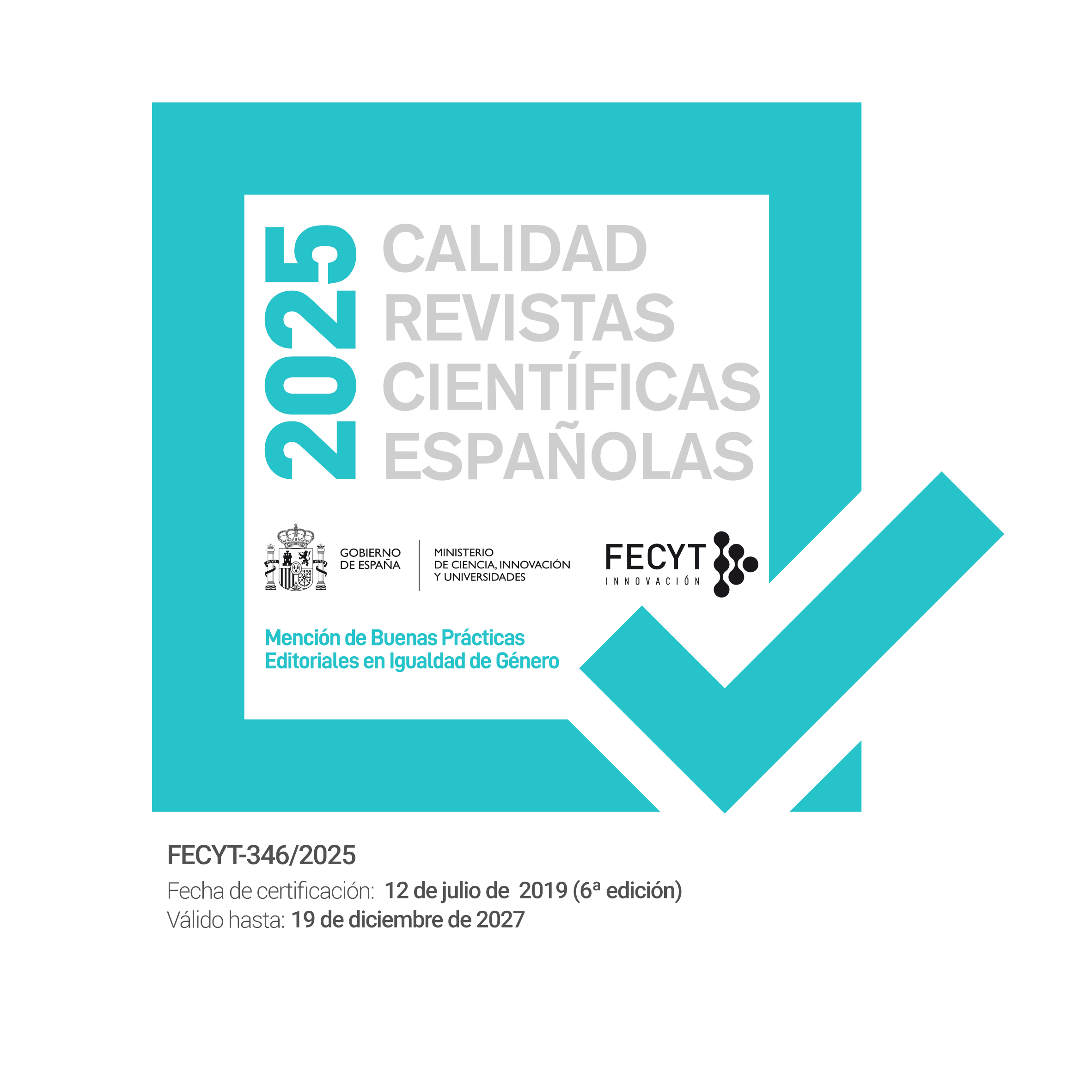From the “problem of unemployment” to the critique of the capitalist division of time: epistemology and reflexivity in a sociological research on unemployment
Keywords:
unemployment, reflexivity, critical theory, Marx, Bourdieu.Abstract
In this article we summarize how a critical and reflexive epistemology has been defined and implemented in the research Superfluous time: a critical sociology of unemployment. The case of Spain (2007-2013). Its analyzes are synthesised, and its contributions, limits and conclusions are exposed from the point of view of the critical knowledge. The research combines theory and empirical data influenced by approaches such as the Moishe Postone’s reading of Marx's critical theory, the critical sociology of Pierre Bourdieu, or the psychoanalysis’s insights on the relation between the psychoanalyst and tne psychoanalysed.
In addition to reflexively address the relation between the observer and the observed and dynamically understand them in their historical context, one of the central elements that can characterize the research as “critical” is that unemployment is problematized from the critique of the capitalist division of social times. It allows to show, on the one hand, the conditions of reproduction of unemployment as a social fact, and on the other hand, the conditions of its historical transformation as well as the potential possibilities of its overcoming.
Downloads
Downloads
Published
How to Cite
Issue
Section
License
Los autores/as conservan los derechos de autor y ceden a la revista el derecho de la primera publicación, con el trabajo registrado con la licencia de atribución de Creative Commons Reconocimiento-NoComercial (CC-BY 4.0), que permite a terceros utilizar lo publicado siempre que mencionen la autoría del trabajo y a la primera publicación en esta revista. Encrucijadas permite y se anima a todas las personas autoras a depositar la versión final publicada en repositorios institucionales o temáticos de acceso abierto, cumpliendo en caso necesario los términos establecidos por la entidad financiadora de la investigación.





